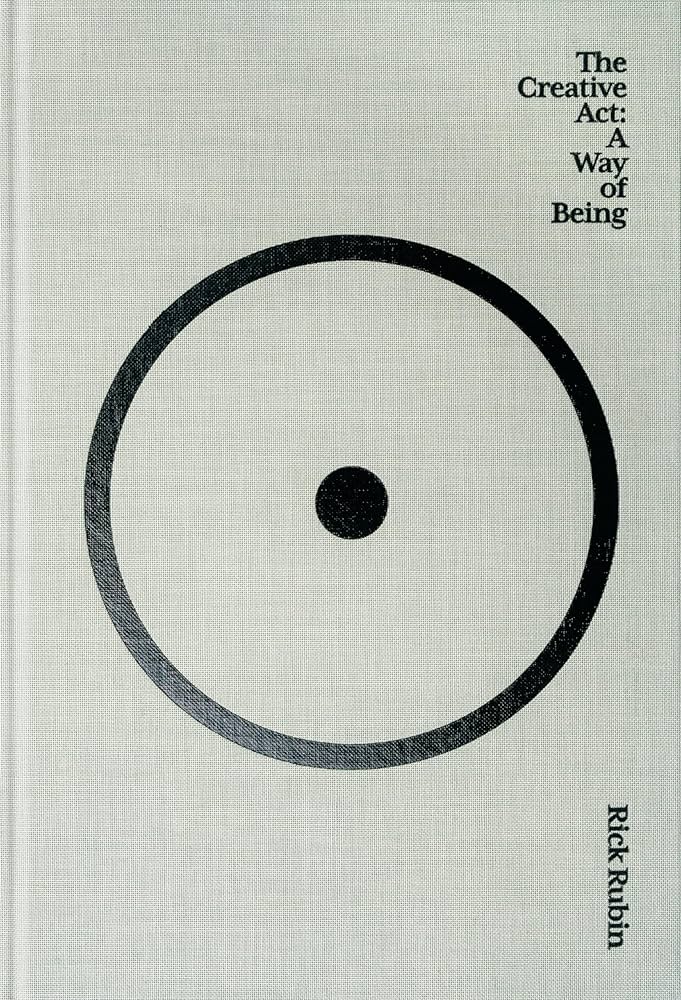Adaptation
byThe process of adaptation is a fascinating phenomenon, particularly evident in the journey of mastering a skill, such as playing a musical instrument. This learning experience is characterized by alternating phases of progress and struggle, where challenges seem insurmountable one day yet effortlessly resolved after a brief period of rest. Unlike traditional learning methods that rely on repetitive memorization, adaptation through practice involves a more intricate and subconscious transformation, where breakthroughs occur unexpectedly, revealing a heightened level of proficiency that was not consciously perceived during the effortful stages of practice.
True adaptation in skill-building is not solely dependent on the repetition of an action but also on the period of rest and reflection that follows. This principle closely mirrors the way muscles develop through weight training, where growth does not happen during exercise itself but rather during the recovery phase afterward. In these moments of rest, the body and mind integrate new information, reinforce neural pathways, and ultimately solidify improvements, preparing the learner for the next stage of mastery.
Many people assume that mastering an art or skill requires constant, relentless effort, but adaptation teaches us that progress is just as dependent on moments of pause. Taking strategic breaks allows the mind to consolidate what it has learned, ensuring that practice does not become counterproductive due to fatigue or mental overload. These pauses act as catalysts for improvement, enabling skills to be refined, enhanced, and strengthened without the need for continuous conscious effort.
The interplay between focused practice and recovery is essential not only for physical dexterity but also for sharpening cognitive abilities. Just as an athlete improves endurance and strength by balancing intense training with recovery, artists, musicians, and creatives refine their craft more effectively when they allow for intervals of detachment. By stepping away from their work, they return with fresh perspectives, heightened awareness, and a newfound ability to tackle challenges that previously seemed insurmountable.
Neuroscience supports this concept, as studies on learning and skill acquisition suggest that the brain consolidates knowledge most effectively during periods of rest and sleep. The subconscious mind continues processing and organizing information even when an individual is not actively engaged in practice, reinforcing motor skills and creative problem-solving abilities. This explains why musicians often find that a passage they struggled with suddenly feels effortless after taking a day off, or why writers return to their drafts with clearer insights after stepping away for a few hours.
Understanding this balance between effort and recovery fosters a more sustainable and fulfilling approach to skill development. Rather than pushing endlessly toward progress, learners can embrace a more fluid, natural rhythm that accommodates both concentrated practice and essential downtime. This approach prevents burnout, promotes long-term engagement, and leads to more meaningful, lasting improvements in artistic and intellectual pursuits.
Adaptation is not just about persistence but also about knowing when to step back and allow the mind and body to do their work in the background. Whether refining a musical technique, mastering a painting style, or honing athletic precision, the integration of practice and recovery ensures a more holistic, well-rounded path to expertise. By acknowledging that progress does not always require constant exertion, learners can cultivate patience and trust in the learning process, ultimately leading to greater mastery and sustained creative growth.
In the grander scheme, adaptation reminds us that growth is not linear but cyclical, requiring both action and stillness to achieve true advancement. The ability to recognize when to apply effort and when to retreat is a key component of mastery, setting apart those who merely practice from those who evolve. By embracing this principle, artists and learners alike can unlock their full potential, ensuring that every step forward is both intentional and deeply ingrained in their long-term development.


